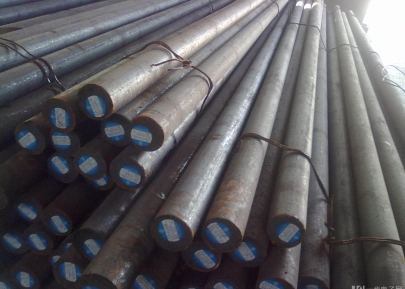Unlocking Precision: The Intricacies of Die Base and the Role of Mold Steel in Modern Manufacturing
When I delve into the world of modern manufacturing, the terms die base and mold steel frequently emerge. Their significance is profound, unlocking a realm of precision that shapes industries worldwide. In this exploration, I will dissect the intricacies of die bases, the pivotal role of mold steel, and delve briefly into ancillary materials like bare copper wire. Let’s unravel this tapestry.
Understanding Die Base: The Foundation of Precision
I often consider the die base as the unsung hero of the manufacturing process. It serves as an anchor for various components in molds, ensuring stability and accuracy. One cannot overlook how the design and material selection of a die base impact the overall quality of the manufactured product. Typically, die bases are crafted from rigid materials like mold steel to withstand immense pressure and repetitive strain. But what makes these components truly remarkable?
The Composition and Benefits of Mold Steel
Mold steel is not just any ordinary metal. It possesses unique properties catering specifically to manufacturing demands. The intricate balance of hardness, wear resistance, and toughness yields superior results. Let’s break down these advantages:
- Durability: Mold steel resists wear and tear resulting from repeated use.
- Flexibility: It adapts to various manufacturing methods.
- Cost-effectiveness: Its longevity offers savings in the long run.
In choosing the right mold steel, one must consider its grade and specifications carefully.
Pivotal Role of Die Bases in Modern Manufacturing
Why do I place such emphasis on die bases? Their importance cannot be understated. The precision they provide directly affects the quality of the final product. Variances in the die base can lead to significant defects, which ripple through the manufacturing chain. This leads me to wonder: how often are manufacturers investing in the optimization of their die bases?
Exploring Optional Materials: Bare Copper Wire
While my primary focus remains on die bases and mold steel, I want to acknowledge the importance of ancillary materials such as bare copper wire. This material often finds usage in electrical applications and can be pivotal in shaping operations that involve electrical conductivity. Understanding the properties and applications of copper wire enhances the efficiency of a diverse range of manufacturing processes. However, a common query arises: how to silver plate copper? This method enhances conductivity and improves the longevity of electrical connections.
Challenges and Innovations in Die Base Manufacturing
As technology advances, I see challenges morphing into opportunities. The advancements in manufacturing processes drive demand for precision components like die bases. Machine learning and AI now contribute to optimizing die base designs, drastically reducing error rates. I find it fascinating how innovation constantly reshapes the landscape.
Key Takeaways and Conclusion
In wrapping up my exploration, it’s clear that both die bases and mold steel form the backbones of precision manufacturing. Here are my key takeaways:
| Factor | Impact on Manufacturing |
|---|---|
| Die Base Quality | Direct determinant of product consistency |
| Mold Steel Selection | Affects production costs and defect rates |
In conclusion, the interconnected nature of these elements illuminates the path toward enhanced manufacturing practices. Investing in high-quality die bases and selecting the appropriate mold steel can lead to superior outcomes. As I continue to navigate this intricate world, I am reminded that precision is not merely a concept—it is the very essence of successful manufacturing. Let us embrace these elements for a brighter, more precise future.



